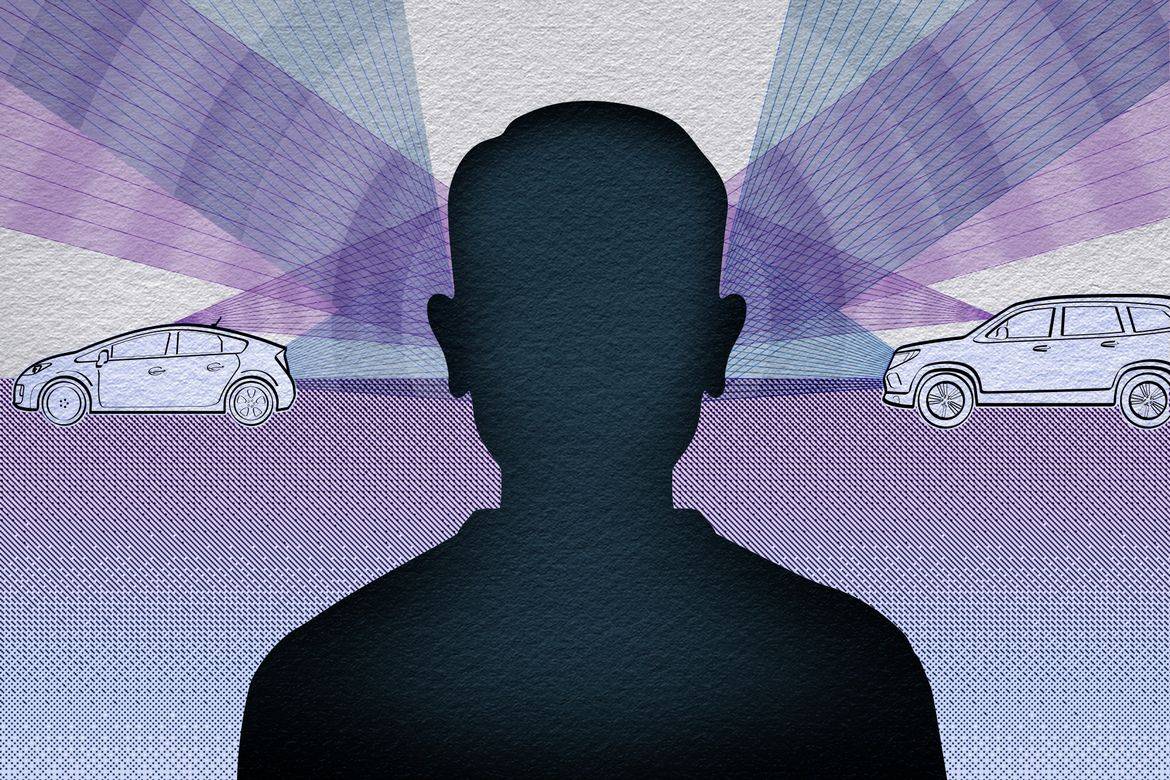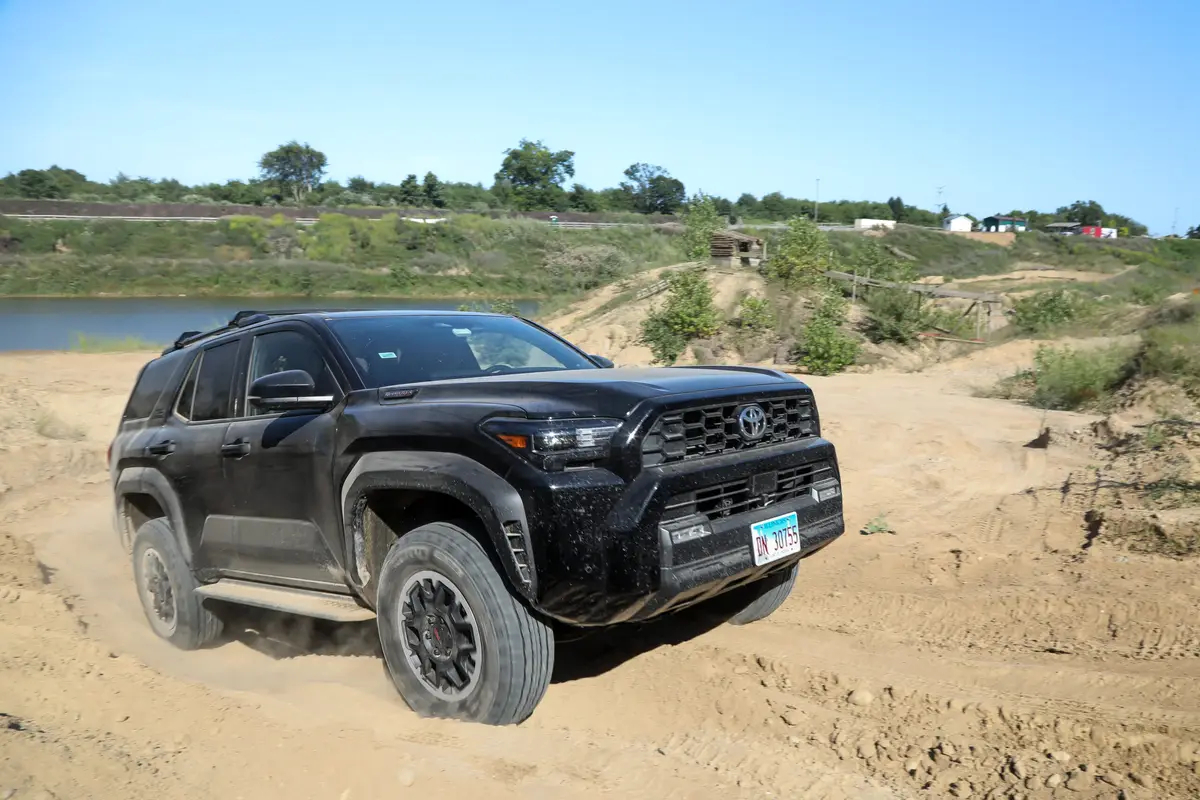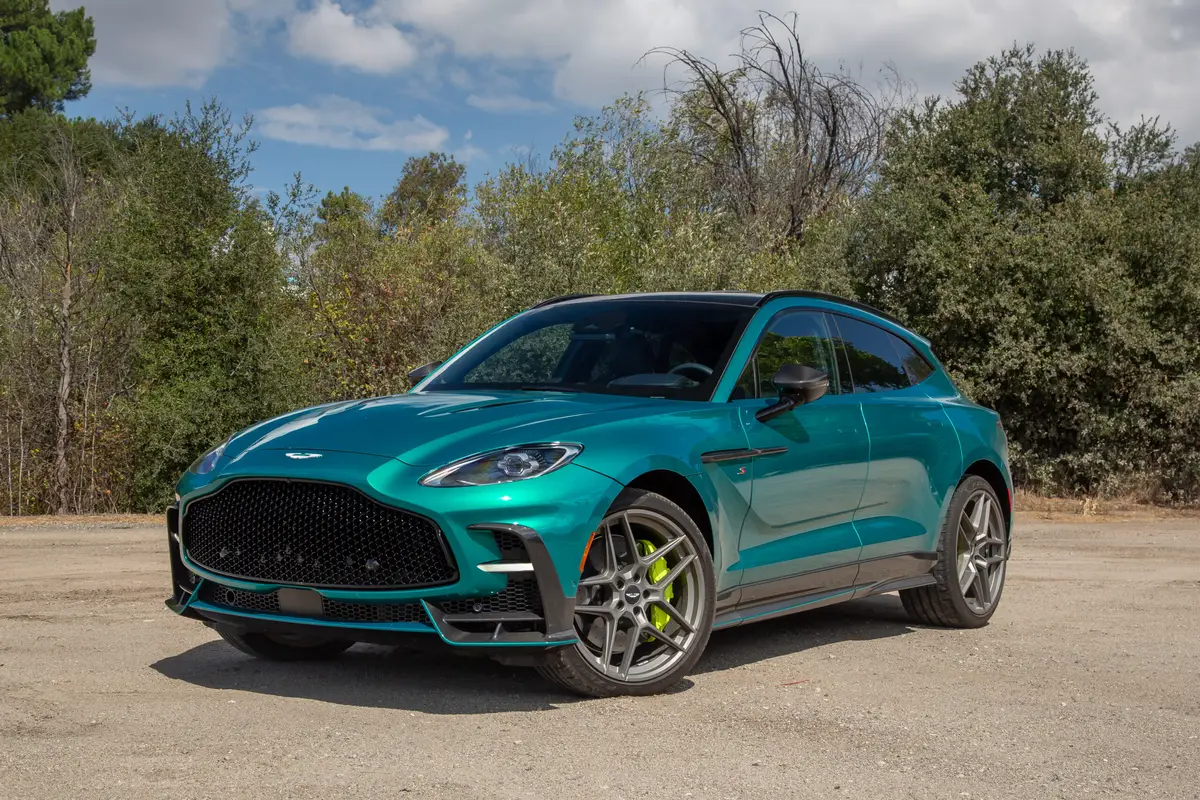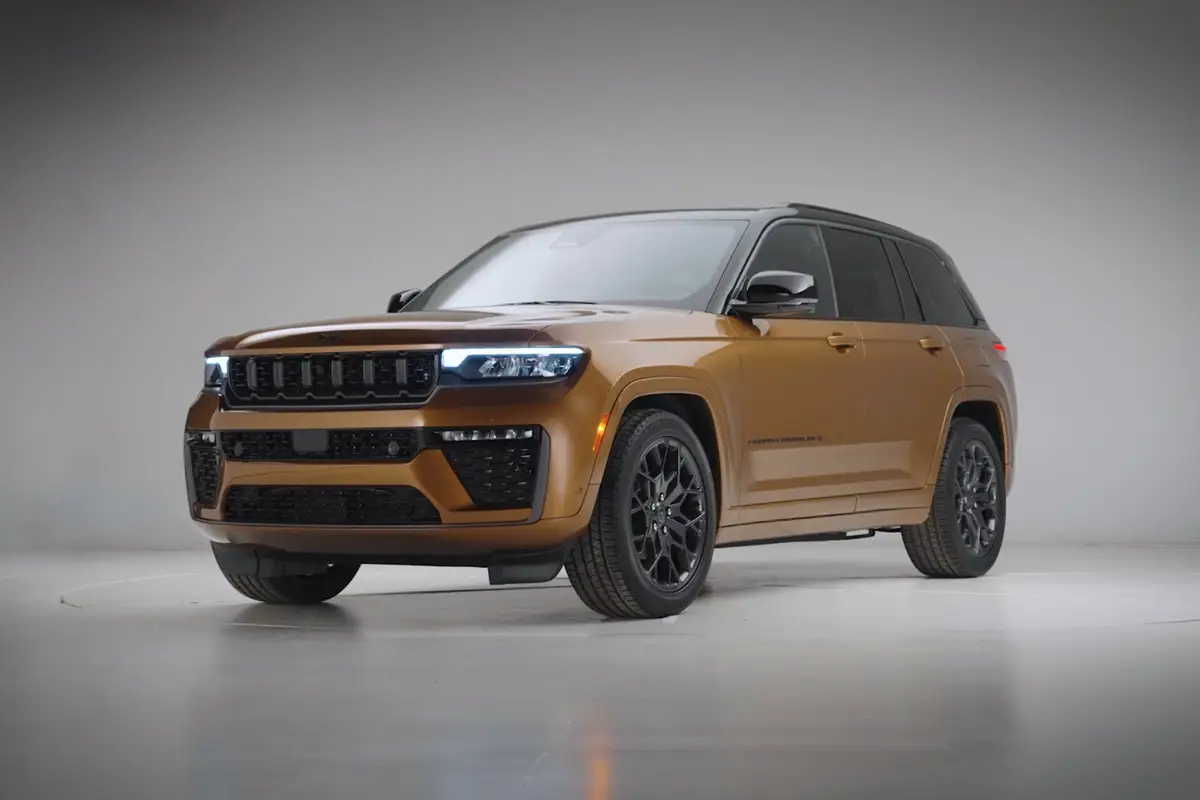Who's Afraid of Self-Driving Cars? Judging by This Survey ... Who's Not?


According to the American Psychological Society, more than 10 million adults suffer from a phobia of some sort, and snakes and spiders are among the biggest offenders. Looks like self-driving cars could secure a spot on the list soon. A new AAA survey on automated vehicles found that 71 percent of people are afraid to ride in fully self-driving vehicles — that’s up from 63 percent last year.
Related: For Self-Driving Car Awareness, Most Americans on Autopilot
Despite the fact that autonomous vehicles aren’t yet a reality for mainstream motorists, AAA said that consumer fear is heightened due to recent high-profile accidents involving self-driving vehicles, like last year’s deadly crash involving an autonomous Volvo XC90 and a pedestrian in Tempe, Ariz.
“Automated vehicle technology is evolving on a very public stage and, as a result, it is affecting how consumers feel about it,” Greg Brannon, AAA’s director of automotive engineering and industry relations, said in a statement.
Despite the fear, many consumers think the proliferation of the technology is a done deal. According to the study, 55 percent of drivers think that by 2029, most cars will have the ability to drive themselves, and that makes a lot of consumers very uncomfortable. Survey respondents said they’d be most comfortable with fully self-driving cars if they were used for low-speed, short-distance transportation and for delivery services.
Here are some other highlights from the survey:
- 53 percent of U.S. drivers would be comfortable with fully self-driving vehicles being used for people-mover systems at places like airports and theme parks.
- 44 percent would be comfortable with using fully self-driving vehicles for delivery services of food or packages.
- 19 percent would be comfortable with the use of self-driving vehicles to transport their children or loved ones.
What’s driving the fear? Aside from the rise in public incidents regarding self-driving cars, AAA also cites a fear of the unknown. Fifty-three percent of people said they won’t fully trust self-driving cars.
However, the use of driver assistance systems, like lane keep assist, adaptive cruise control, automatic emergency braking and self-parking could change this. “AAA’s research has found that the more exposure drivers have to similar types of technology such as advanced driver assistance systems, comfort level improves,” the agency said in a statement.
AAA started the survey in 2016, when 75 percent of drivers reported a fear of self-driving cars and has expanded it each year to gain a deeper understanding of driver opinions about and reluctance to trust self-driving cars, the agency said in a statement.
“This research is driven by a commitment to educate consumers on automated vehicle technologies and its impact on future mobility. AAA is dedicated to conducting ongoing, unbiased testing on these systems as they continue to evolve and new technology becomes available,” AAA said in a statement.
More From Cars.com:
- Self-Driving Car Crashes Have Even Millennials Scared of Autonomous Tech
- Which Cars Have Self-Driving Features for 2018?
- Should Autonomous Cars Have to Pass a Driver’s Exam?
- How Will You Spend Your Free Time in a Self-Driving Car?
- Find Your Next Car
Cars.com’s Editorial department is your source for automotive news and reviews. In line with Cars.com’s long-standing ethics policy, editors and reviewers don’t accept gifts or free trips from automakers. The Editorial department is independent of Cars.com’s advertising, sales and sponsored content departments.

News Editor Jennifer Geiger joined the automotive industry in 2003, much to the delight of her Corvette-obsessed dad. Jennifer is an expert reviewer, certified car-seat technician and mom of three. She wears a lot of hats — many of them while driving a minivan.
Featured stories


2026 Aston Martin DBX S Review: Excellence in (DB)X S


